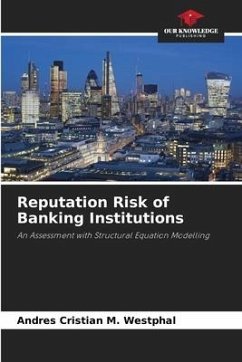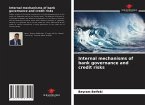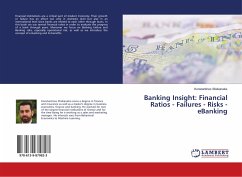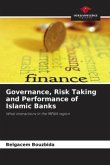Recent research and literature on financial systems consider reputational risk as one of the main risks to which banking institutions are exposed. Based on the set of propositions of the imperfect market hypothesis, it is assumed that reputation is a key factor for economic agents in the decision-making process. Applying the concept of reputation to the financial system, more specifically to banks, this study aimed to provide a better understanding of reputational risk, identifying its main catalysing events, as well as its interrelationship with other banking risks. To fulfil this objective, a structural equation model was applied to a sample of 117 professionals from institutions operating in the Brazilian financial and capital markets. The results reinforce the hypothesis that operational risk influences reputational risk. In addition, it is suggested that the reputation of a banking institution can be severely damaged when it finances activities that cause socio-environmentaldamage or when discrimination occurs in the management of its employees.








